Levels of entry
There are two distinct routes into the Royal Navy. You can either join as a Rating, or an Officer.
Everyday in the Royal Navy is different. That’s why we need people who are different. People like you. So, whatever your background, interests or walk of life, there could be a role for you.
There are two distinct routes into the Royal Navy. You can either join as a Rating, or an Officer.
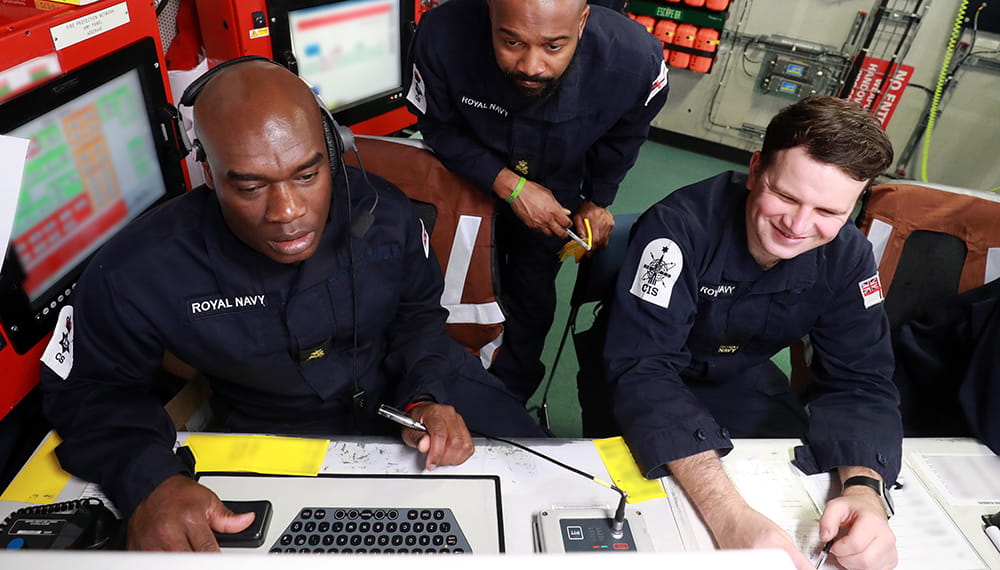
There are roughly 60 different roles to choose from. Perfect if you’ve left school, want to develop your skills and learn while you work.
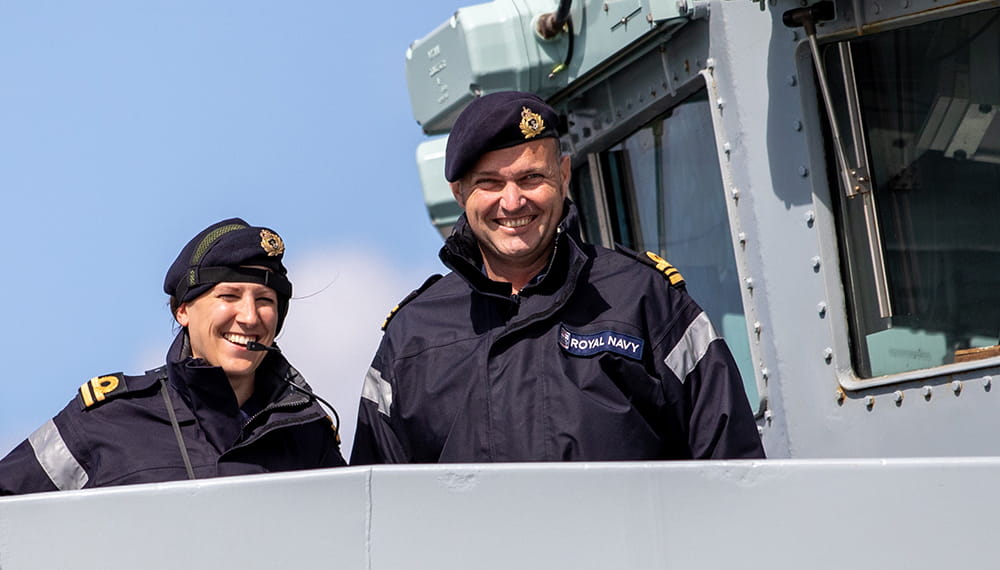
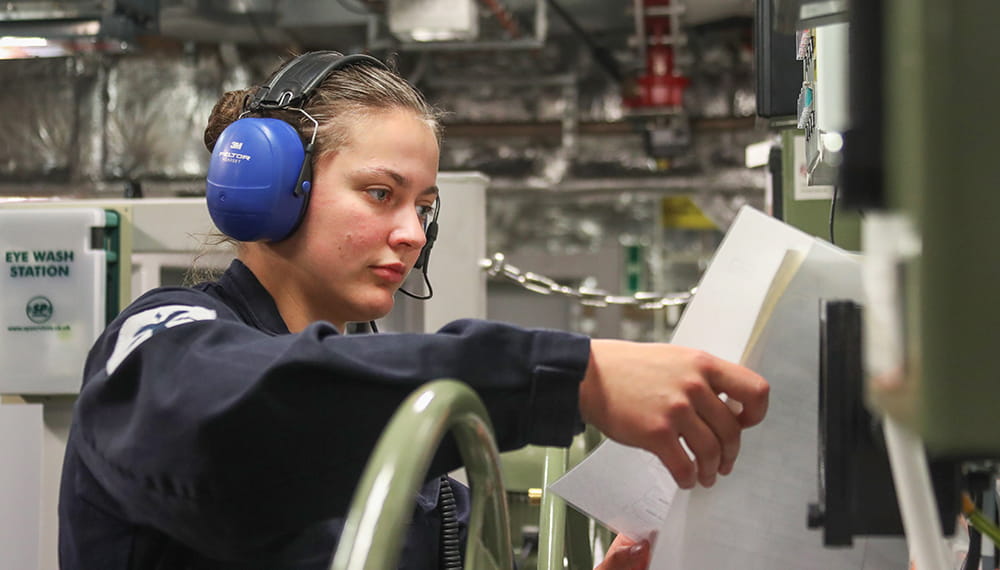
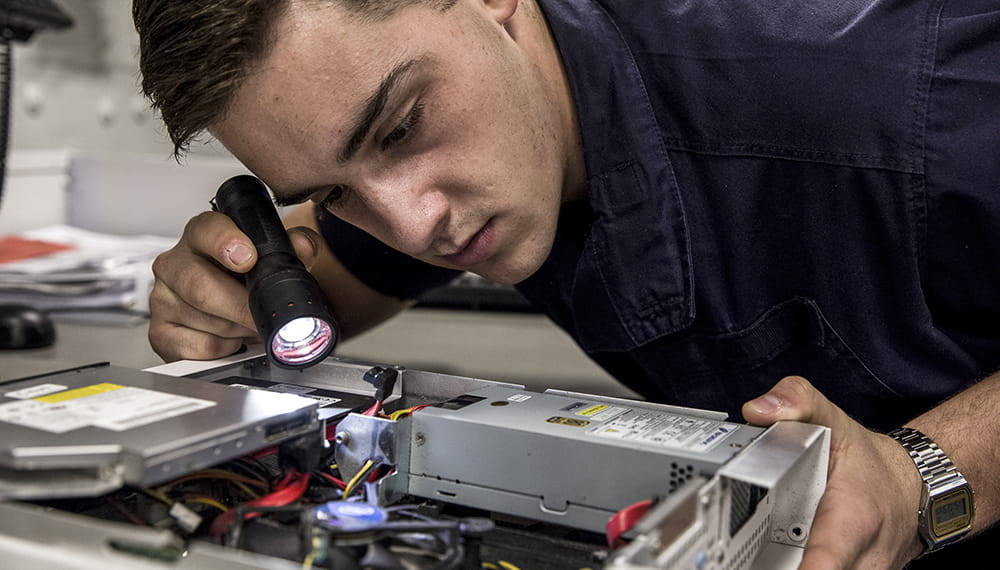
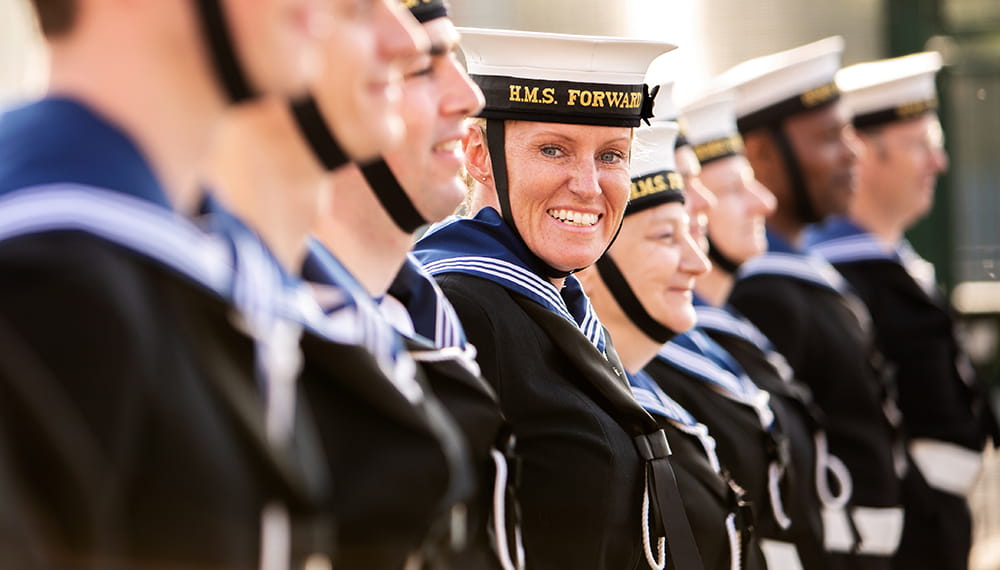
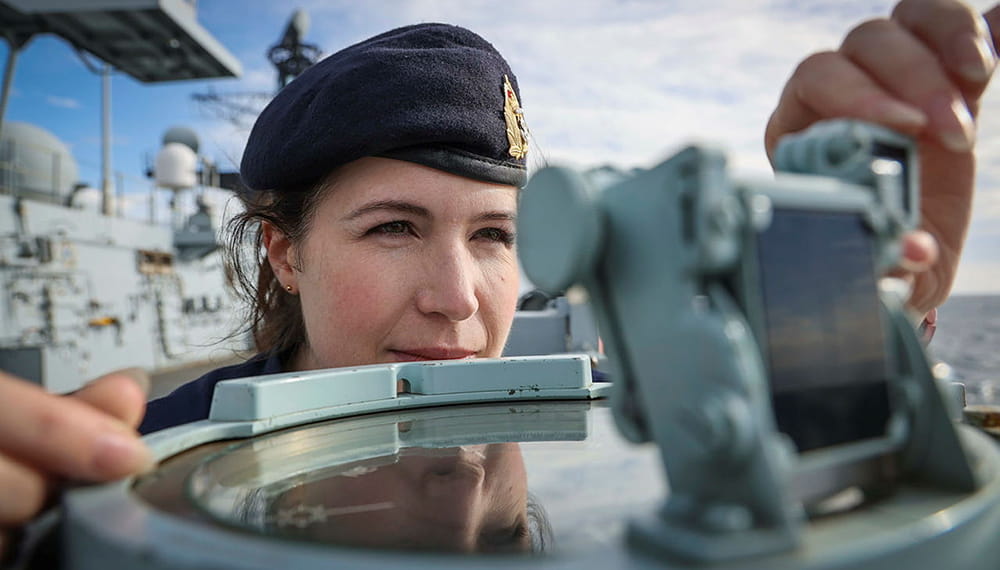
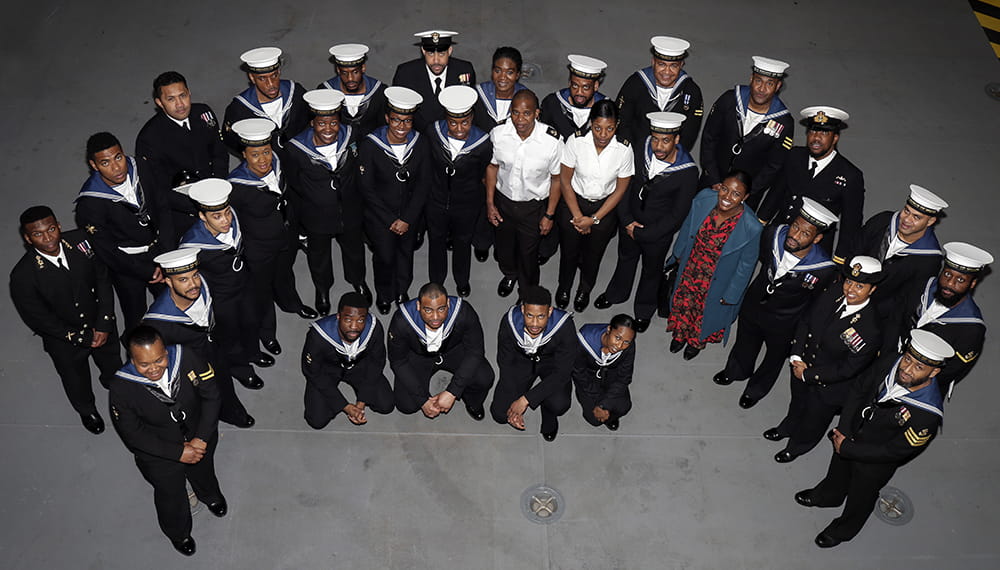
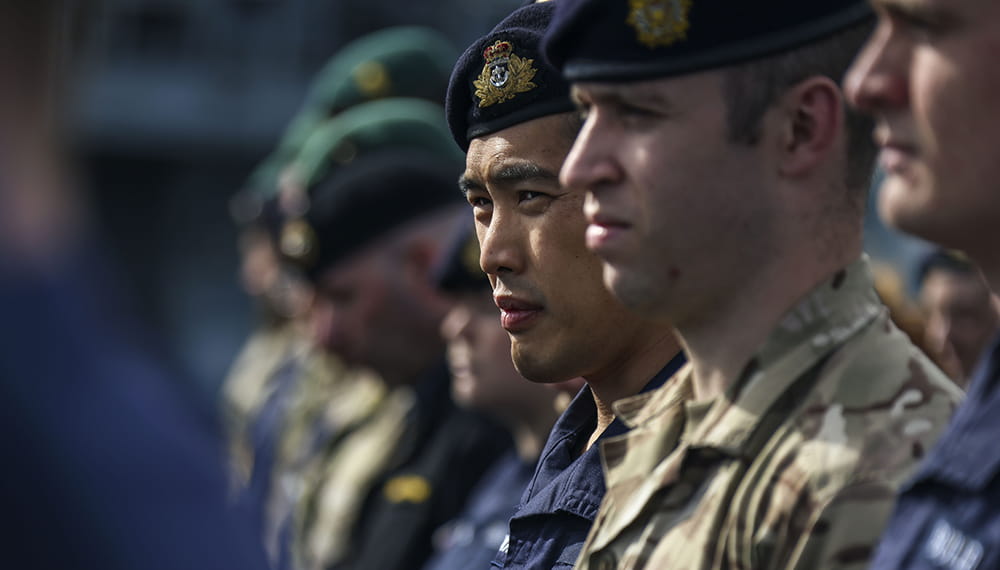
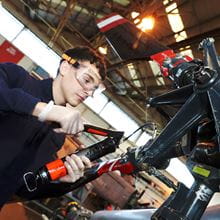

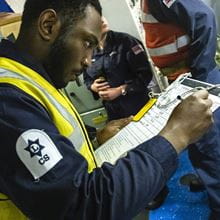
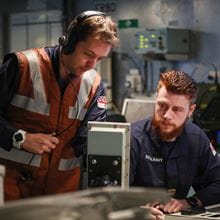
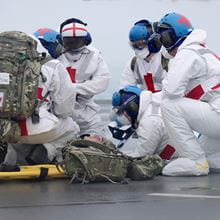
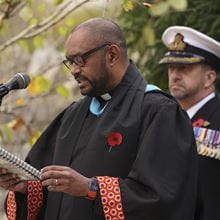
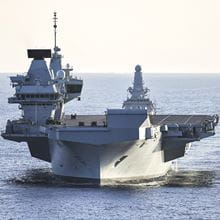
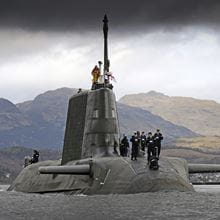
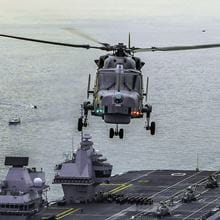
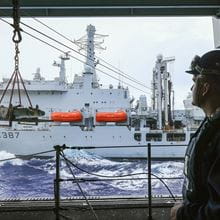
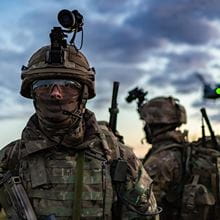
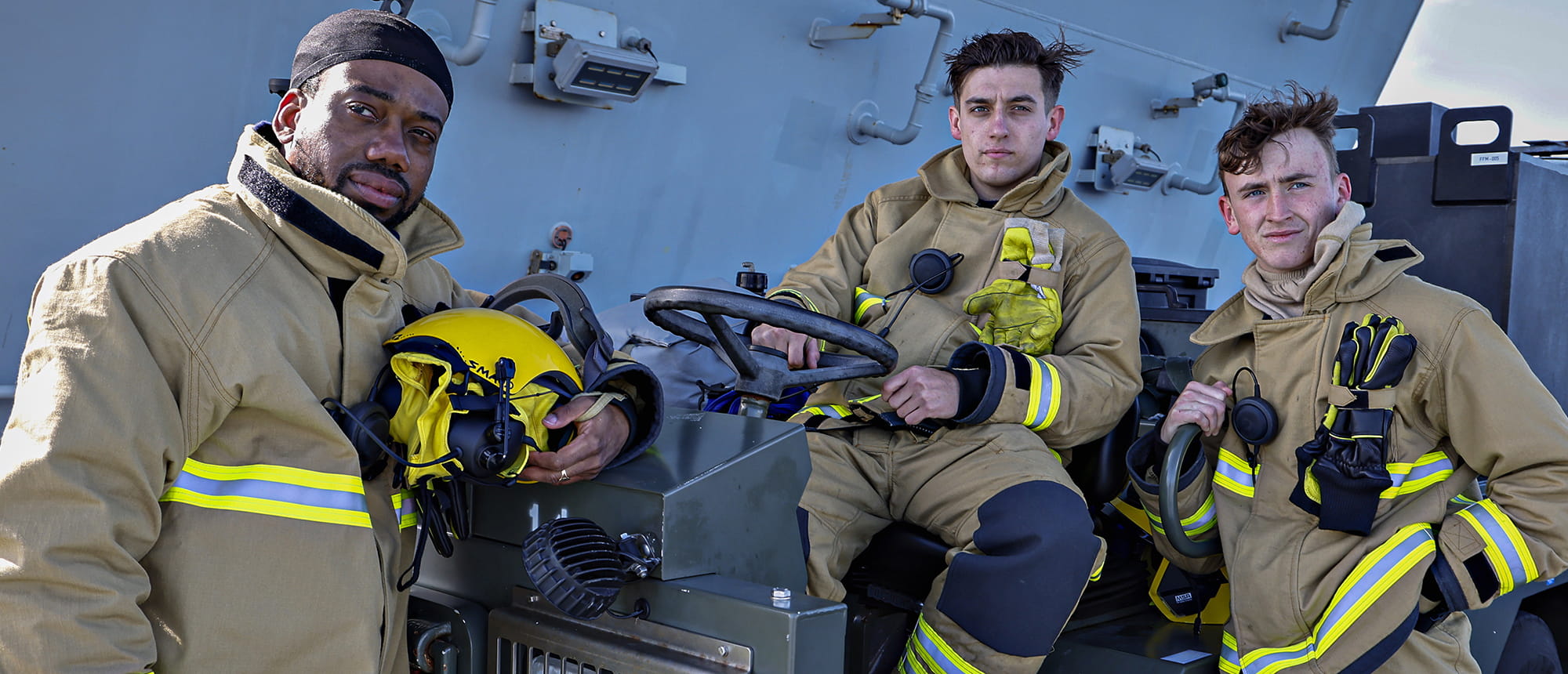
Find your place in the Royal Navy. Make friends for life, learn new skills and experience the world.
Register your interest today and we’ll be in touch to help you find your fit.